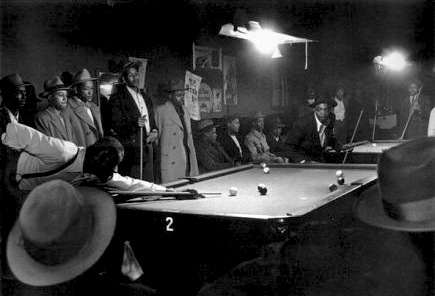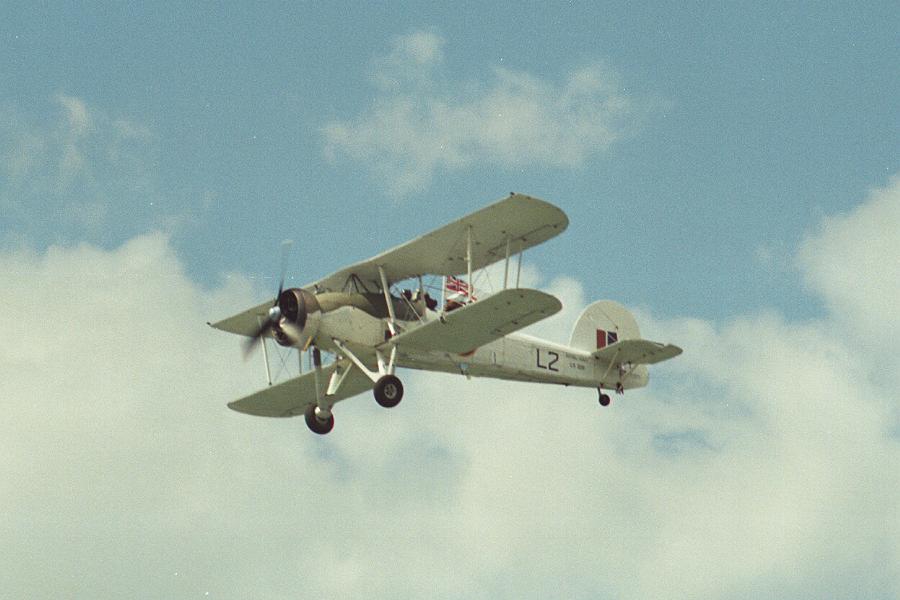Native Son
"Why they make us live in one corner of the city? Why don’t they let us fly planes and run ships..."Richard Wright - Native Son

About Richard WrightWriting and Style
Naturalistic writing exposes the dark, harsh reality of life, poverty, prejudice, and racism-this is Bigger Thomas' life. Richard Wright wrote Native Son in 1940. It is a novel about anti-hero Bigger Thomas growing up on the South Side of Chicago. His family lives in a one room apartment. Each morning they dress shamefully in front of one another. The novel is written mostly in the third person, where Wright gets inside the head of the brute protagonist and explains his feelings, views, and confusion. Themes and motifs that run throughout include the relationship between the oppressed and the oppressor, religion, Communism, and justice. Right away, we learn that Bigger is destined to do something horrible, and that he has little to no control over his fate-that before he was born, outside forces blazed his path. Throughout the novel, Richard Wright explores how these themes of racism and poverty affect Bigger's development as a Black man and, more generally speaking, as a teenager; because, due to the financial disadvantages of the family, Bigger is incapable of growing up. He is made responsible for the welfare of his family without a choice. Bigger Thomas lives in a world where mystical and legendary moments don't occur; he lives in a world where he has no agency, where the idea of being a pilot was never an option, even from birth.

Finding Agency
When we are first introduced to Bigger's life, we see a one room apartment. We see brothers and sisters changing and eyes all around. We see the destitution of the building; cracks in the walls, broken wooden floor boards, and a rat. The physical forces around Bigger are corrupting and suffocating. He's only a teenager, but because of his family's financial situation, he must be responsible for everyone. His family's welfare depends on his choices. However, he never really has a choice. At the very beginning of the novel, Bigger mentions how he senses that he is going to do something very wrong at some point, something that he won't be able to control. This of course is the foreshadowing of his murderous action. But along with these premonitions, Bigger briefly dreams about freedom.
"Look!" Bigger said. "What?" "That plane writing up there," Bigger said, pointing. "Oh!" They squinted at a tiny ribbon of unfolding vapor that spelled out the word: USE...the plane was so far away that at times the strong glare of the sun blanked it from sight. "You can hardly see it," Gus said. "Looks like a little bird," Bigger breathed with childlike wonder. "Them white boys sure can fly," Gus said. "Yeah," Bigger said wistfully. "They get a chance to do everything." Bigger continues to say that he could fly a plane if he had the chance, and Gus responds, "If you wasn't black and if you had some money and if they'd let you go to that aviation school, you could fly a plane." In dreaming of becoming a pilot or being one of those guys on the beach that he sees in the movies, Bigger is alluding to childhood aspirations. But, because his life is predetermined, because he is black, these dreams are immediately shot down. Bigger's lifestyle is somewhat similar to the rough and tough imagination of Studs Lonigan. He has a gang of friends and they do beat each other up every now and then, but Bigger has none of the agency that Studs possesses. He identifies himself as the universally defeated black man who must forget about his dreams and grow up. But what he grows up to become is only the summation of all of the outside forces and oppression around him.